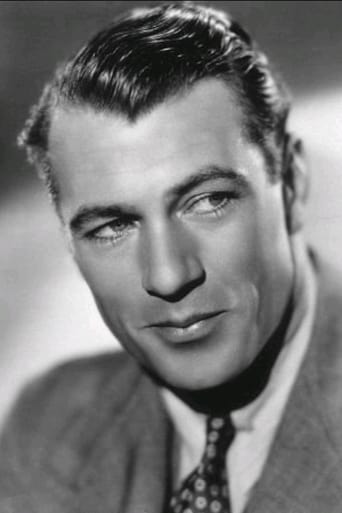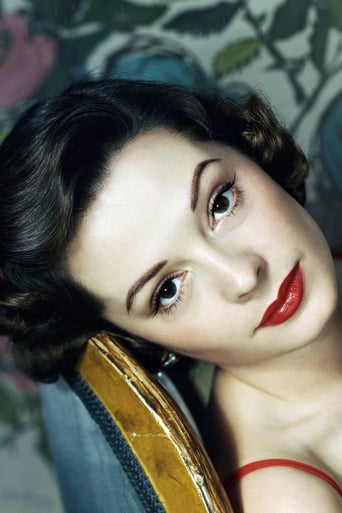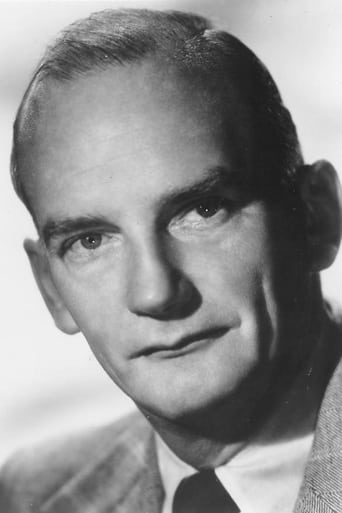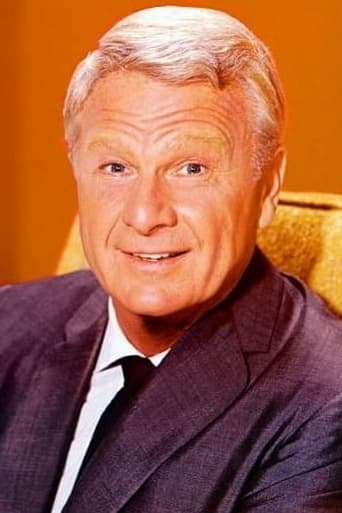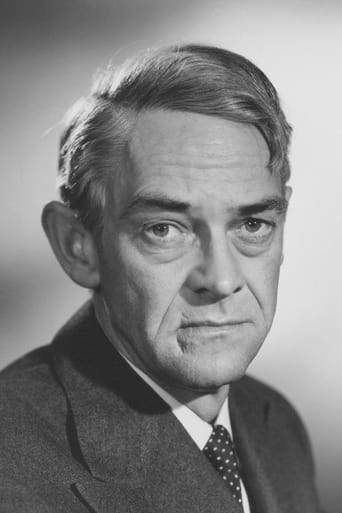JohnHowardReid
Gary Cooper (Lieutenant John Harkness), Jane Greer (Ellie), Millard Mitchell (Larrabee), Eddie Albert (Lieutenant Bill Barron), John McIntire (Commander Reynolds), Ray Collins (Admiral Tennant), Harry Von Zell (Captain Eliot), Jack Webb (Ensign Anthony Barbo), Richard Erdman (Ensign Chuck Dorrance), Harvey Lembeck (Norelli), Henry Slate (Ryan, chief engineer), Ed Begley (commander), Fay Roope (battleship admiral), Charles Tannen (Houlihan), Charles Buchinsky (Bronson) (Wascylewski), Jack Warden (Morse), Ken Harvey, Lee Marvin, Jerry Hausner, Charles Smith (crew members), James Cornell (new sailor), Glen Gordon, Laurence Hugo (shore patrolmen), Damian O'Flynn (doctor), Biff McGuire (sailor messenger), Norman McKay (admiral's aide), John McGuire (naval commander), Elsa Peterson (admiral's wife), Herman Cantor (naval captain), Joel Fluellen (mess boy), William Leicester (chief petty officer), Ted Stanhope (naval officer), Rory Mallinson (lieutenant commander), Bernard Kates (tugboat sailor).Director: HENRY HATHAWAY. Screenplay: Richard Murphy. Based on an article "Flying Teakettle" by John W. Hazard published in The New Yorker magazine of 21 January 1950. Photography: Joe MacDonald. Film editor: James B. Clark. Music composed by Cyril Mockridge, orchestrated by Edward B. Powell, directed by Lionel Newman. Art directors: Lyle Wheeler, J. Russell Spencer. Set decorators: Thomas Little, Fred J. Rode. Wardrobe supervisor: Charles Le Maire. Make- up: Ben Nye. Special photographic effects: Fred Sersen, Ray Kellogg. Technical adviser: Chief Boatswain Joseph Warren Lomax, USN. Sound recording: W. D. Flick, Roger Heman. Producer: Fred Kohlmar. Copyright 23 February 1951 by 20th Century-Fox Film Corp. New York opening at the Roxy: 23 February 1951. U.S. release: January 1951. U.K. release: 28 May 1951. Australian release: 26 October 1951. 8,345 feet. 93 minutes.Original U.S. release title: "U.S.S. Teakettle."SYNOPSIS: Volunteering for the Navy, Lieutenant Harkness (Gary Cooper) is posted to command an experimental submarine-chaser. As neither he nor any member of the crew, with the exception of the boatswain, has the slightest knowledge of seamanship, some pretty hectic test cruises are undertaken.NOTES: Film debut of Charles Bronson, under his real name, Charles Buchinsky.COMMENT: As he had done in the 1940s, director Henry Hathaway strode like a veritable Colossus through the 1950s. Admittedly, the introduction of the anamorphic screen saw — oddly enough, since he was a master of action and location shooting — a diminution of his powers, particularly in Legend of the Lost (1957), but the end of the decade saw him right back in top form with "North to Alaska". Like that latter success," You're in the Navy Now" is one of Hathaway's rare comedies. However, unlike Alaska (which was one of the most popular films of the year), Navy failed to find an audience and was eventually marketed as a "B". Yet it is not only well made, with all the usual Hathaway virtues and strengths, but it's very entertaining. I can't do better than quote Homer Dickens who wrote in his excellent entry in the famous Citadel books series, The Films of Gary Cooper: "Never was Cooper more delightful or winning."Originally filmed as U.S.S. Teakettle, 20th Century-Fox actually released the film with this title in February of 1951. Despite glowing reviews, the audience response was nil and a change of title was thought necessary. Immediately thereafter, it came out as "You're in the Navy Now".The part was Cooper's first starring role at 20th Century-Fox and marked his first visit to that great studio since the early days of his career (1925), when he rode as an extra in Tom Mix's film, The Lucky Horseshoe.Said the New York Times (Bosley Crowther): "The best comedy of the year." Other critics were equally ecstatic. Incidentally, despite his praise, Bosley Crowther did not include "You're in the Navy Now" in his Ten Best Films of 1951, though it does figure in his supplementary list of runners-up.
Nojaa
This movie is a very comical look at an actual incident that happened in the US Navy during World War II.* Warning -- Spoiler * Gary Cooper plays Lieutenant John W. Harkness, a naval reserve officer who, because the Navy was short of officers, went through their crash course on how to be an officer. On receiving his commission, he finds he has the unfortunate luck of being assigned to one of the Navy's "experiments" -- a sub chaser powered by an experimental steam engine. Due to his degree in mechanical engineering, or perhaps because of it, Lt. Harkness is the only person on board who knows anything about steam engines.Dubbed the "USS Teakettle," a nom de plume intended by the rest of the Navy as a slur against the ship, the crew takes the name and runs with it. Unfortunately, the ship is plagued with problems from the get go, and Lt. Harkness and his crew become the butt of many jokes. The crew manages to redeem themselves only through a base-sponsored boxing match.The "coup de grace" occurs when the Teakettle is on another test run with the program's commander, Rear Admiral L. C. Tennant. After completing a successful run, the throttles on the steam engine freeze wide open, causing the ship to slough through the harbor waters at break-neck speeds until it finally comes to rest smashed against an aircraft carrier. Honor is finally satisfied, however, when the Admiral proclaims the experiment a failure and refits the ship with a diesel engine.This movie is full of hilarious sequences and scenes of a ship commander who'd rather be someplace else.The movie stars Gary Cooper, Jane Greer, Edward Albert, Ray Collins, Jack Webb and Henry Slate. Directed by Henry Hathaway.
Piafredux
Never intended to be side-splittingly hilarious, 'You're In The Navy Now' is an earnest effort at showing the lighter side of naval service, broadly in the manner of the 'Readers' Digest' feature "Humor In Uniform," and as such it works though modern audiences often think it dated and unamusing. Poor modern audiences, indeed.Solid cast here, with Gary Cooper shipshape as the green but earnest new skipper of a submarine chaser in which an experimental propulsion plant has been installed for testing; Jack Webb, Eddie Albert, Harry Von Zell, Jane Greer, Harvey Lembeck, Jack Warden, Charles Buchinski - later to become Charles Bronson, and Lee Marvin all working, and sometimes conniving, together to make their oddly-engined ship a proud one.The actual PC1168 used in the film can be seen here: http://www.navsource.org/archives/12/011168.htm 'You're In The Navy Now' is a pleasant way to voyage through an evening.
